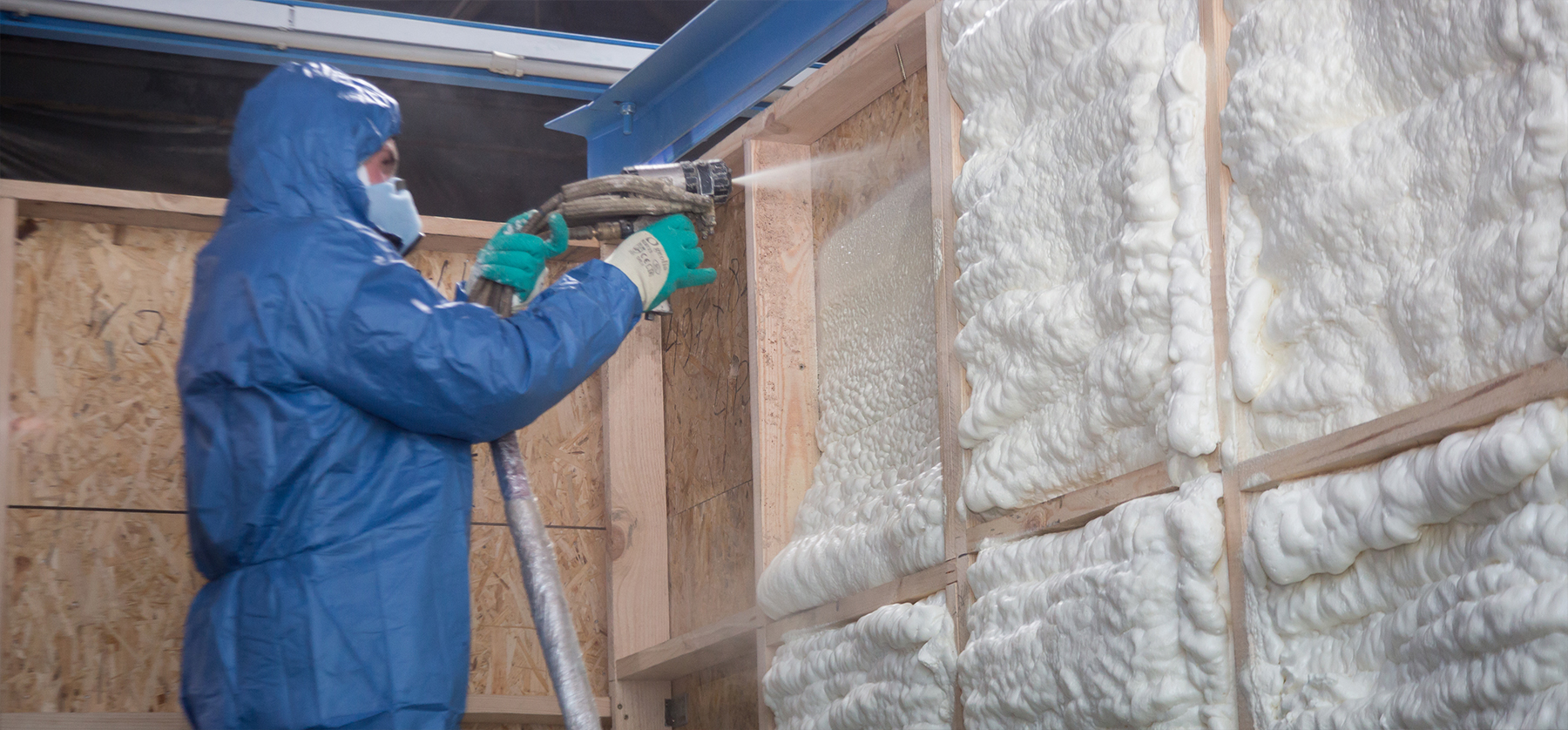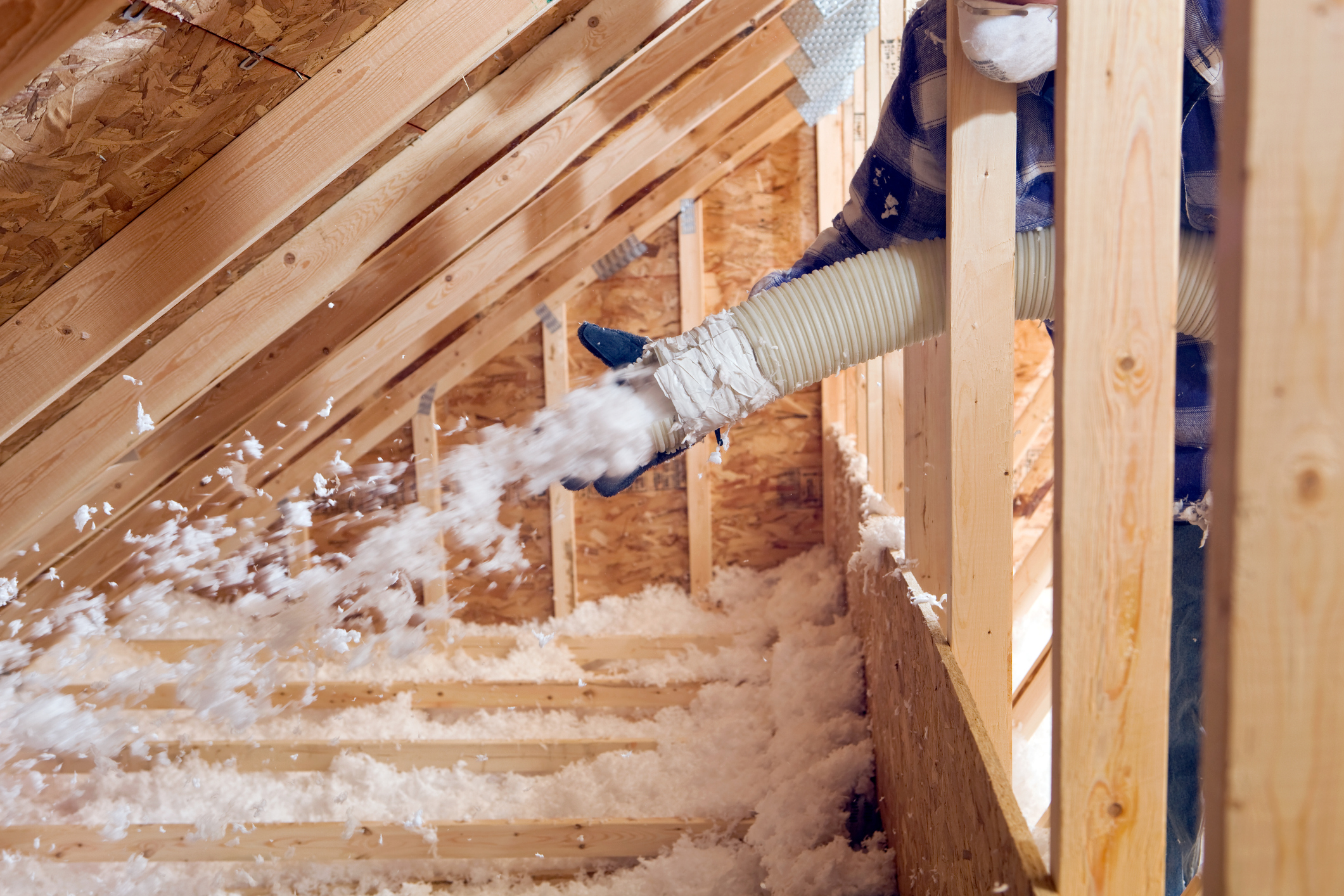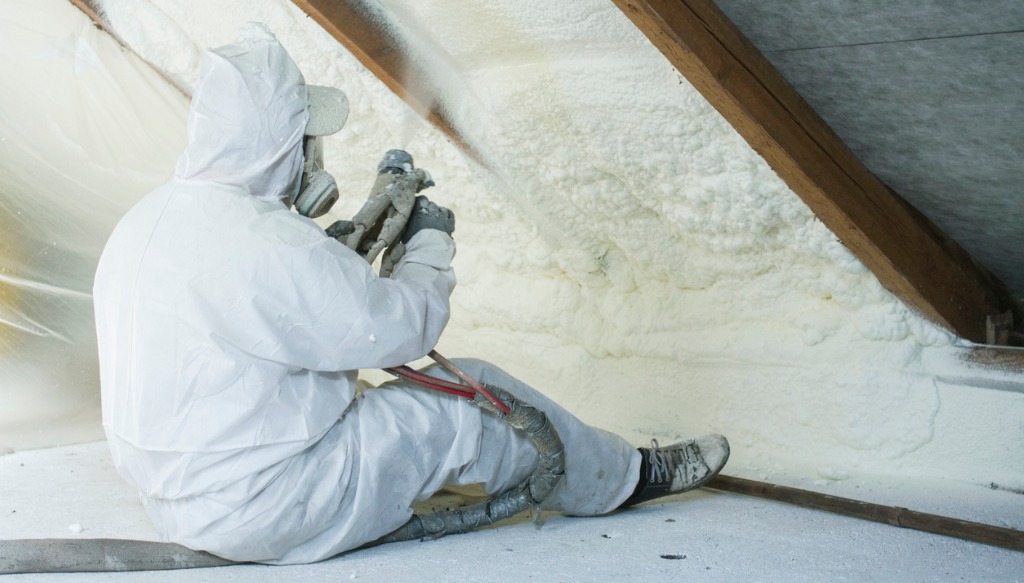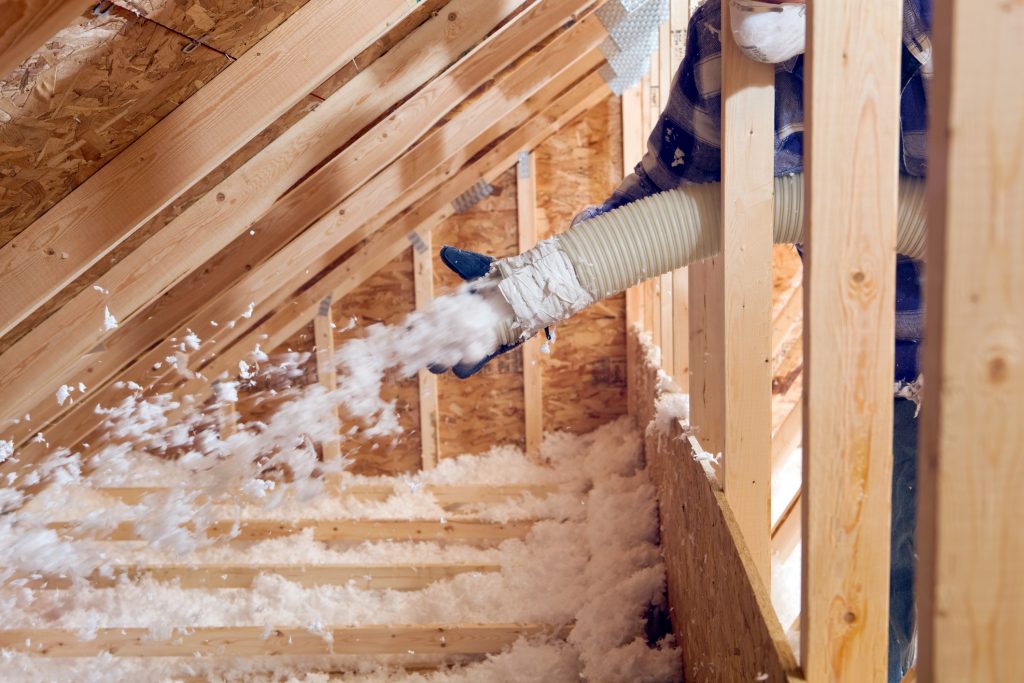When it comes to insulating your home, spray foam insulation is a game-changer. Unlike traditional insulation methods, spray foam offers unique advantages that can significantly enhance energy efficiency, indoor comfort, and overall building performance. In this blog, we will explore the remarkable benefits of spray foam insulation and why it’s worth considering for your home.
Superior Insulating Properties:
Spray foam insulation is renowned for its exceptional insulating properties. When applied, the foam expands and fills every crack, crevice, and void, creating a seamless and airtight barrier. This comprehensive coverage ensures that no gaps are left exposed, reducing heat transfer and preventing drafts. With its high R-value (a measure of thermal resistance), spray foam insulation provides excellent insulation, keeping your home warm in winter and cool in summer.
Energy Efficiency and Cost Savings:
One of the most significant advantages of spray foam insulation is its ability to maximise energy efficiency and lead to substantial cost savings. By forming an effective thermal barrier, it minimises heat loss or gain, significantly reducing the energy required for heating and cooling. This reduced energy consumption translates into lower utility bills and long-term savings. Over time, the cost savings can often offset the initial investment in spray foam insulation.
Air Sealing and Moisture Control:
Unlike other insulation materials, spray foam not only insulates but also acts as a comprehensive air sealant. It seals off any cracks or gaps in your building envelope, preventing air infiltration and exfiltration. This airtight seal is essential for blocking drafts, minimising energy loss, and maintaining a consistent indoor temperature. Additionally, spray foam insulation helps control moisture by repelling water and preventing condensation, reducing the risk of mold and mildew growth.
Sound Dampening:
In addition to its thermal properties, spray foam insulation also provides excellent sound dampening capabilities. The foam’s dense structure absorbs sound waves, reducing noise transmission between rooms and from the outside. Whether you live in a busy urban area or have noisy neighbors, spray foam insulation can create a quieter and more peaceful indoor environment.
Longevity and Durability:
Spray foam insulation is known for its longevity and durability. Once applied, it can last for decades without losing its insulating properties or degrading over time. Unlike other insulation materials that may settle or sag, spray foam retains its shape and effectiveness, providing long-term performance and value for your home.
Environmentally Friendly:
Spray foam insulation is an environmentally friendly choice. It helps reduce energy consumption, lowering greenhouse gas emissions and minimising your carbon footprint. Additionally, some spray foam formulations use eco-friendly, water-blown agents that have reduced environmental impact. By choosing spray foam insulation, you contribute to a more sustainable future.
Spray foam insulation offers a range of remarkable benefits that go beyond traditional insulation materials. Its superior insulating properties, energy efficiency, air sealing capabilities, moisture control, sound dampening, durability, and environmental friendliness make it a smart investment for homeowners. By choosing spray foam insulation, you can create a more comfortable, energy-efficient, and environmentally responsible home. Consider this innovative insulation solution and unlock the incredible advantages it brings.




